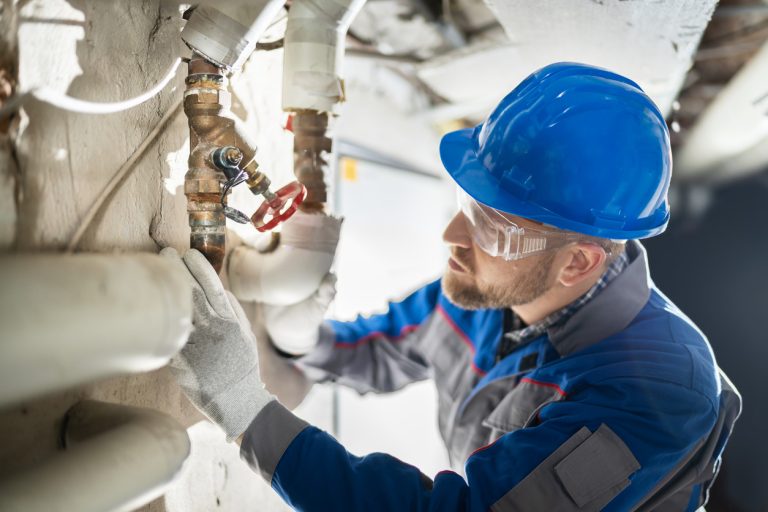It is important to maintain your plumbing system as well as your pipes to avoid plumbing problems. You should check for noises that pipes make, such as “water hammer,” which happens when water flow changes direction suddenly. This condition can damage the fittings and cause leaks in your plumbing system.
Causes of a clogged drain
Understanding the causes of a clogged drain in the home or business can help you avoid them in the first place. However, this task can be challenging, considering the complexity of the plumbing system. It generally consists of one main line and many smaller ones that branch off of it. If the water main becomes clogged, it will affect the entire building. A clogged subline, on the other hand, may only affect one part of the building. But blockages can lodge anywhere, so it is vital to understand how to avoid them.
Clogged pipes are common in households, and many things can cause a blockage. Many times, the problem starts when food waste builds up in the pipes. Over time, this material will become slimy and sticky. When it dries, it will stick to other things in the pipes and create a clog. Food remains can also contain bacteria. Hire a plumber in Melbourne to clear a blocked drain if needed.
Copper pipes are prone to corrosion
Copper pipes are susceptible to corrosion in the plumbing system because of a number of factors. These factors can include faulty grounding, the presence of stray electrical currents, and improper installation. If you are concerned that copper pipes are corroding, it is best to contact the utility. If you suspect that copper pipes are corroding, you should try to determine the root cause of the problem. If you suspect corrosion, cut a section of the pipe in half to check for rust or corrosion. If you find that the pipe is corroded, it should be replaced.
When copper pipes are connected with other metals in the plumbing system, they form a galvanic cell. This process deteriorates the metal and causes it to fail. This can also be triggered by improper deburring and soldering.
Condensate drain lines are prone to failure
Condensate drain lines can be problematic for a number of reasons, including insufficient “fall” from the condensate pipe and compromised water flow. When water is unable to move through the drain line, it can clog up and become a nuisance, and it may even flow to the street. A backup of condensate can cause water damage to your home.
A condensate drain line is an important part of the plumbing system, which is why a reliable system is essential. Failure of a condensate drain line can result in substantial property damage and possible health risks. A faulty condensate drain line can also lead to damaging overflow, spreading of condensate, and internal contamination.
Routine maintenance can prevent additional problems
Routine maintenance is necessary for your plumbing system to avoid additional problems and expenses. This includes replacing the broken or faulty fixtures, and it can also save you from costly water bills. The plumbing system should be maintained throughout the year, including the cold and hot seasons. Moreover, fall signals the onset of winter, so it is time to prepare your pipes for the upcoming season.
Plumbing maintenance entails checking plumbing components for leaks, cracks, corrosion, and drainage issues. It also includes checking for clogs. Clogged drains can cause a lot of problems, and regular maintenance will prevent this. Plumbing professionals have various tools for cleaning pipes, including drain augers.
Burst pipes are another concern affecting the plumbing system. Insulating pipes is an effective way to prevent pipes from bursting in your home. This method is particularly beneficial for pipes near exterior windows and walls. It also prevents cold air from penetrating the pipes. To do this, you should check your home for cracks around windows and doors, and seal them. If this doesn’t work, call a licensed plumber. A plumber can diagnose the problem and repair the pipes to avoid further damage.

